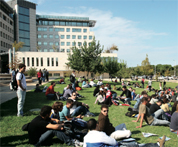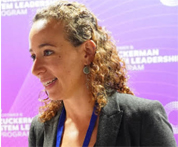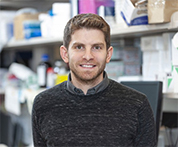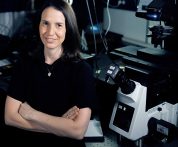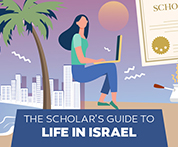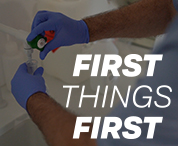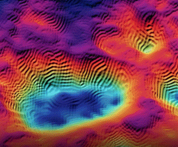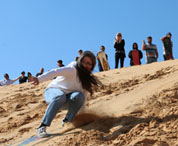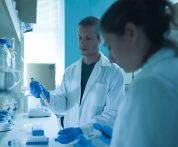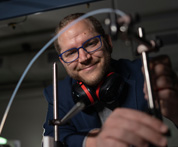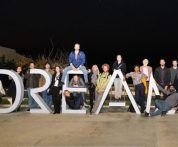Adi Biram’s PhD research in the Weizmann Institute’s Department of Immunology, focused on how protective immune responses and long-lasting immunity are established in intestinal tissues. She addressed a poorly-understood question: how oral vaccination promotes the generation of high-affinity protective antibodies. Using state-of-the-art technologies, she discovered that the antibody response to oral vaccines is markedly different from previously described responses to conventional vaccination, findings that have implications for the design of oral vaccinations. She also investigated how bacterial infection in the gut affects ongoing immune responses.
Dr. Biram notes that the COVID-19 pandemic demonstrated the major impact of understanding the immune system for the development of therapeutic strategies. Immune responses must balance between mounting a sufficient response for optimal host protection, and preventing excessive immune activation that might result in autoimmunity and allergy.
Dr. Biram’s postdoctoral research in the Department of Microbiology and Immunology at the University of California, San Francisco centers on the role of immune interactions governing inflammatory responses in skin conditions such as psoriasis and atopic dermatitis. Dr. Biram and her colleagues use advanced molecular approaches to develop a pipeline that will allow the identification of novel cellular interactions and signaling pathways in the skin. Establishment of this approach will allow the examination of complex cellular processes in the context of an immunological niche in the skin. Understanding the cellular interactions that control immune responses in the skin can provide insights for designing therapeutic strategies to prevent excessive skin inflammation.
During her military service in Israel, Dr. Biram served as a research assistant in the Israel Naval Medical Institute (INMI), where she introduced new techniques to study diving-related pathologies such as decompression sickness, hyperbaric oxygen toxicity, and hypothermia.
 ISRAELI COUNCIL FOR HIGHER EDUCATION
ISRAELI COUNCIL FOR HIGHER EDUCATION MIT-Israel Zuckerman STEM Fund for Faculty Collaboration
MIT-Israel Zuckerman STEM Fund for Faculty Collaboration The Zuckerman Travel and Research STEM Fund at Harvard
The Zuckerman Travel and Research STEM Fund at Harvard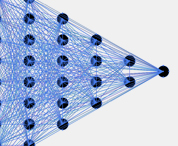 Zuckerman AI Fund at Technion
Zuckerman AI Fund at Technion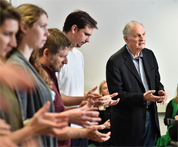 Alan Alda Communicating Science
Alan Alda Communicating Science Zuckerman Institute – ScienceAbroad
Zuckerman Institute – ScienceAbroad Zuckerman Institute – America-Israel Friendship League partnership
Zuckerman Institute – America-Israel Friendship League partnership



